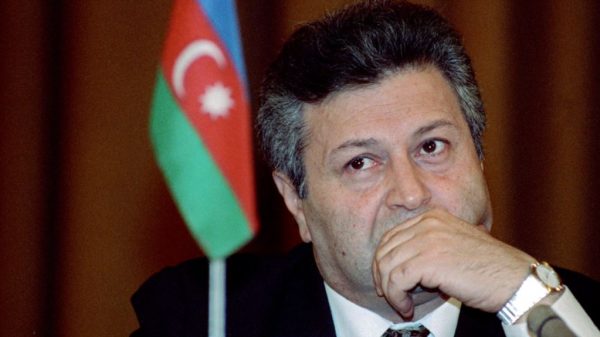At PACE, President of the Republic of Armenia, Serzh Sargsyan, answering to Azerbaijani delegate’s question implying why he did not speak about Khojali genocide, replied that the former President of Azerbaijan, Ayaz Mutalibov had spoken about the events and ones who were to blame for in detail.
And what had Mutalibov said?
We represent a part from Czech journalist Dana Mazalova’s interview with Mutalibov in “Nezavisimaya Gazeta (Independent Newspaper)” of April 2, 1992:
“Question: What do you think of Khojali events, after which you resigned? The corpses of Khojali residents were found not far from Aghdam. Someone has firstly shot on their legs for them not to be able to go farther. Afterwards, they have acted with an ax – my colleagues have photographed the corpses on February 29. During the new photo shoots, on March 2, the same corpses were skin free. What an odd game…
Response: As the survivors from Khojali note, those events were organized as an occasion for my resignation. Some forces were acting for disgracing the President of Azerbaijan. I do not think that Armenians would have given grounds to Azerbaijanis for accusing them of fascist actions. We can assume that some forces were interested in showing off those episodes during the parliamentary session for casting the spotlight on my person. If I announce that Azerbaijani opposition should be accused of, they can announce that Islander. But a corridor by which people could leave Armenians, nevertheless, had left. And in that case, why should they have shot? Especially in the territory nearby Aghdam where at that time there were armed forces enough for helping the people or simply negotiating for a peaceful population to leave. The suchlike practice was carried out…”























































